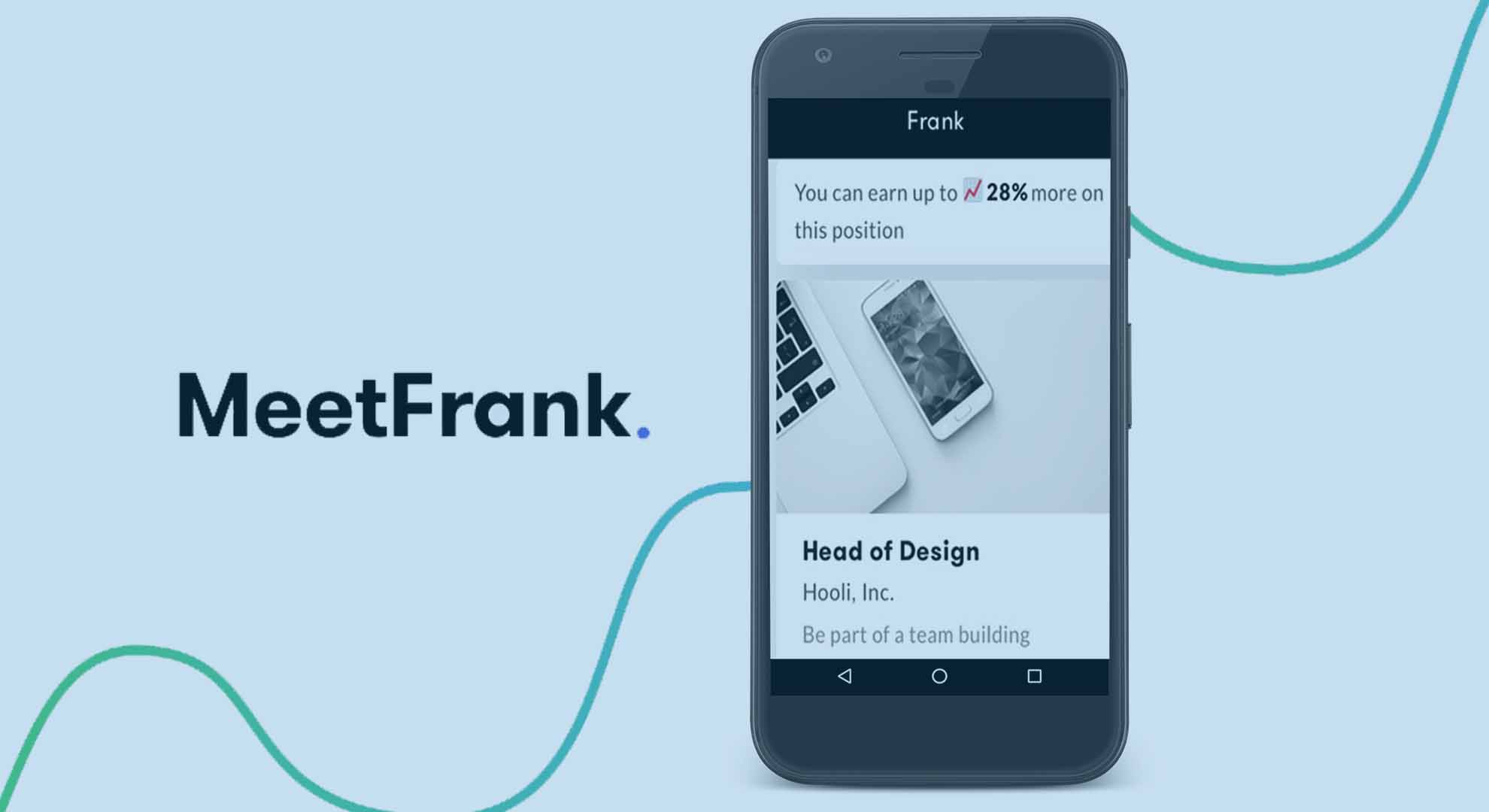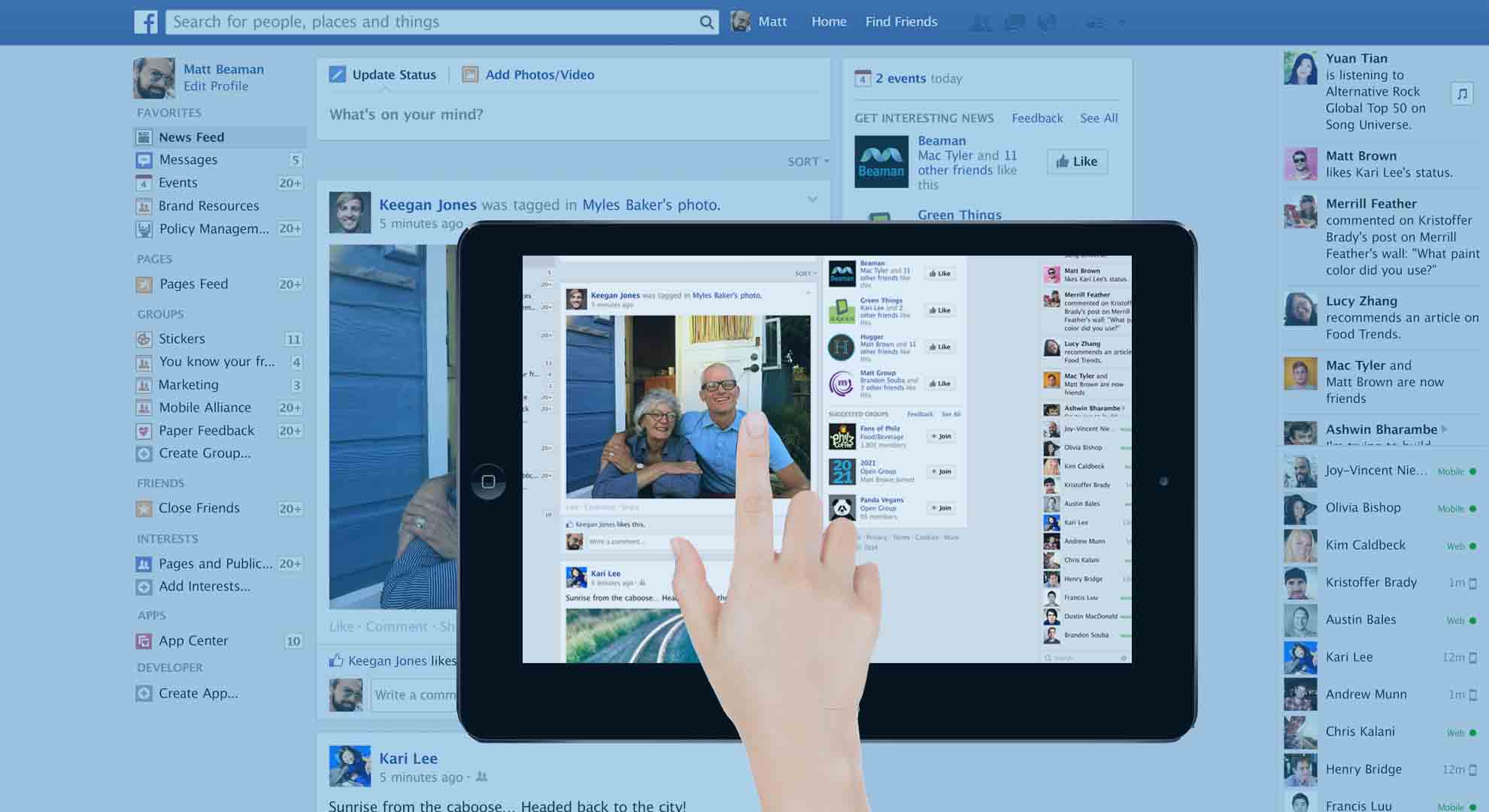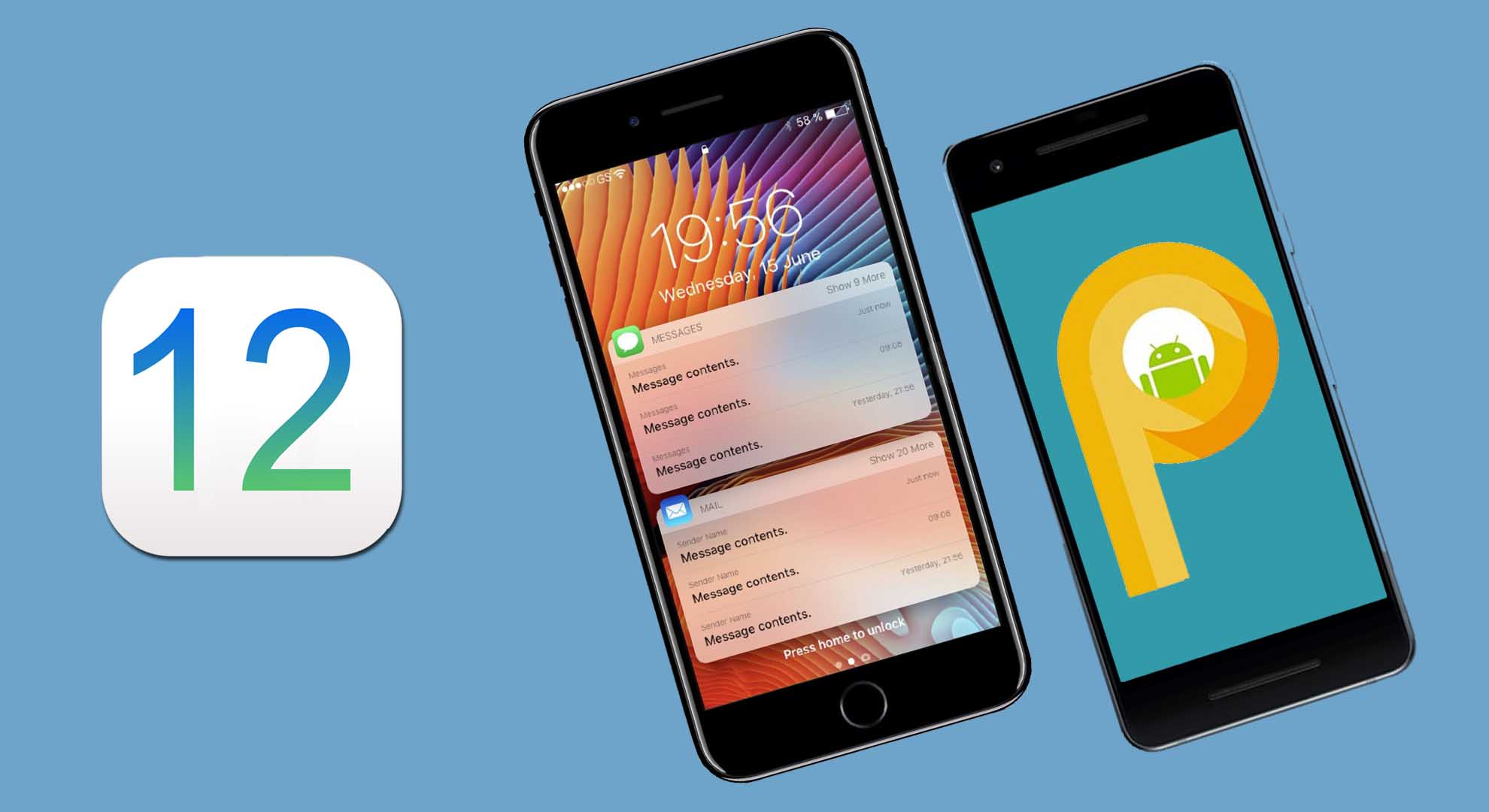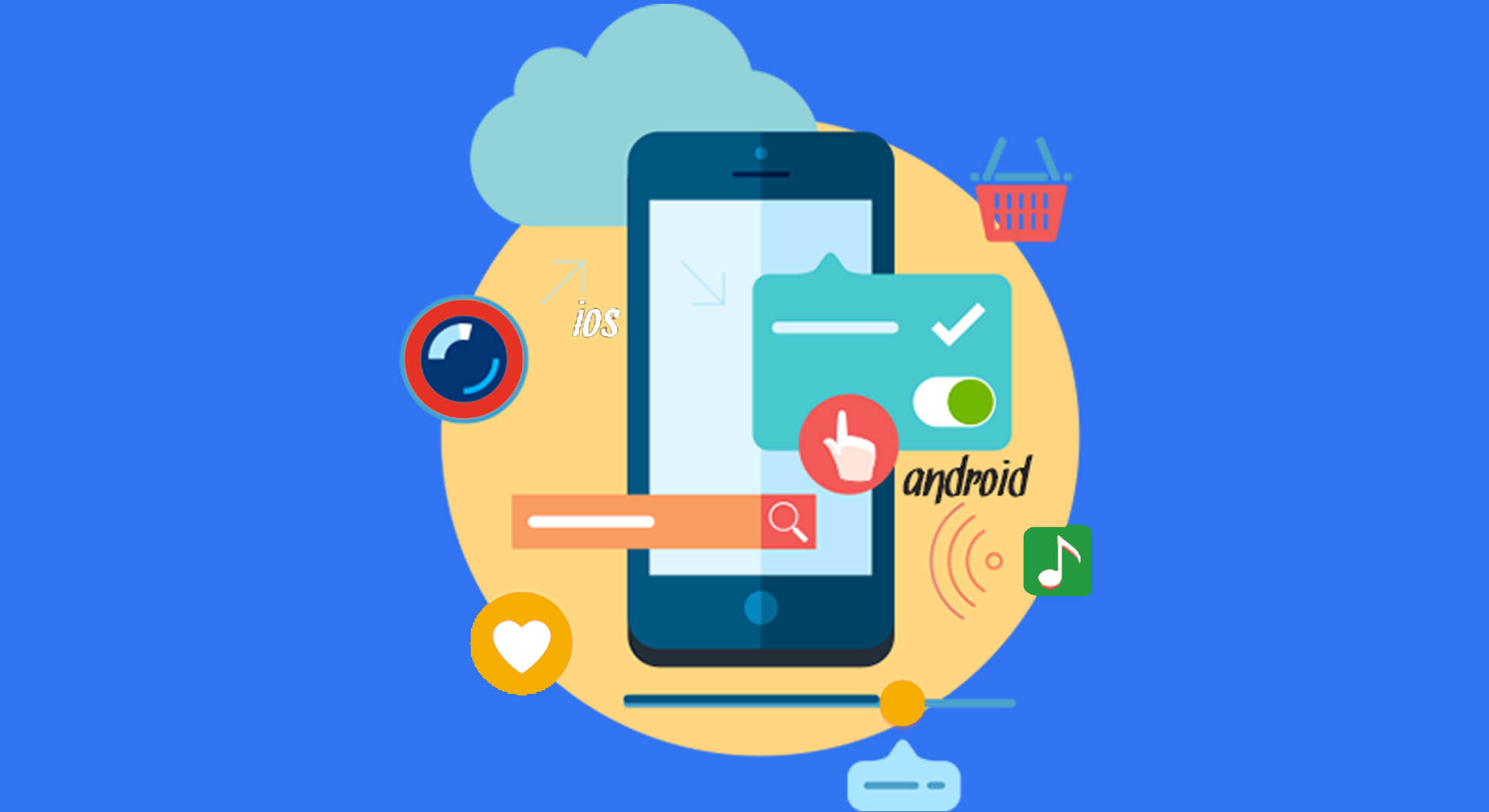“Days without a Facebook privacy problem”, set the counter to zero. This week a developer claimed that their Facebook App Analytics weekly summary email has been delivered to external sources of the company. It encompasses critical business information, containing new users, page views, and weekly average users.
After forty-three hours Facebook was contacted regarding this issue. Now, the social network agreed that three percent of apps using Facebook Analytics had their weekly summary reports propelled to their app’s testers, rather than analysts, app’s developers, and admins.
These testers are often outside your company. It can give them benefits if the leaked information got an app’s competitors. At least, they were not permitted to click through to see more elaborated historical analytics on Facebook’s site.
Facebook informed the media that the problem has been fixed. In addition, no contact information or personally identifiable information was wrongfully disclosed. It plans to inform all affected developers regarding the leak currently and has already started.
Facebook would not reveal an approximate number of apps affected by the error. According to Facebook, there were 1 million bots, sites, and apps on Facebook Analytics. Nevertheless, this problem just impacted app and just three percent of them.
The error comes just weeks after a bug instigated 14 million users’ Facebook status upgrade composers to alter their default privacy setting to public. In addition, Facebook has had issues with delivering business information prior. In 2014, Facebook unintentionally delivered advertisers receipts for other business’ ad campaigns, leading to major confusion.
Furthermore, the company misrepresented metrics regarding page reach on various occasions. Although user data did not leak and today’s subject is not as critical as others Facebook has dealt with, developers still think through their business metrics to be private, showing this a breach of that privacy.
Despite the fact, Facebook has been working assiduously to patch app platform privacy loopholes since the Cambridge Analytica scandal. They have removed access to many APIs and strengthened human reviews of apps. Such issues make it difficult to believe Facebook has a suitable handle on the data of its two billion users.















